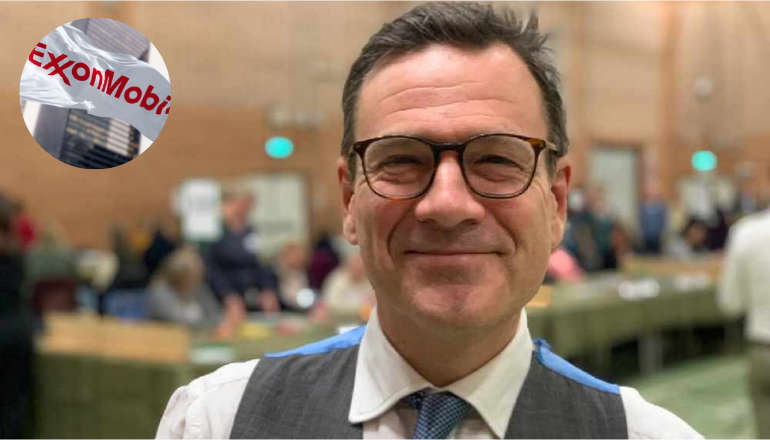
The former MP for the Isle of Wight has disclosed answers to questions he posed to ExxonMobil over its controversial Solent CO2 pipeline proposal.
Bob Seely said the American multinational oil and gas corporation had not provided responses to his “more specific questions” and had given “slightly generic answers”.
ExxonMobil finished its pipeline corridor consultation on Monday.
The process aimed to gather feedback and views on its proposals to transport captured CO2 from its Fawley Manufacturing Complex, and possibly the “wider Solent area” to a “deep rock formation” in the English Channel.
Two of its proposed pipeline corridors pass beneath the west of the Island.
ExxonMobil’s proposals have been meet with widespread resistance across the Island including a petition opposing the project with over 30,000 signatures as well as the Isle of Wight Council voting to object “strongly” to the pipeline and raise its “concerns and objections” with the government.
Mr Seely’s questions covered subjects such as corridor design and erosion, the safe operation of the pipeline and how it would be monitored.
On corridor design and erosion, the company responded:
“The risk of landslips and erosion will be carefully considered by our engineers as part of both the design process and construction planning.
“The working areas for the trenchless installation under the Solent or to Christchurch Bay or the southwest coast of the Isle of Wight, would typically be at least 150m inland from the shoreline.
“Further engineering is expected to ensure appropriate management of risks relating to ground movement and exposure.”
In response to concerns relating to safety, ExxonMobil said:
“The concerns you have raised are well known and are addressed through design, construction and operations.
“ExxonMobil safely operates the largest privately owned underground oil pipeline distribution network in the UK – around 700 kilometres of pipeline.
“We have more than 30 years of experience capturing and storing carbon dioxide, including the design, construction and safe operation of facilities around the world.”
The corporation’s response on pipeline monitoring was as follows:
“The pipeline will be designed and managed to all applicable UK standards to minimise risks and pipeline operations are monitored 24/7.CO2 pipelines are constructed with high-grade steel and a protective coating to help prevent corrosion.
“In addition, we will have cathodic protection in place on the pipeline.”
The pipeline plan is a form of carbon capture and storage (CCS) technology: a means of reducing CO2 emissions which could be crucial to fighting climate change, according to the National Grid.
Greenpeace UK has said CCS is currently “unproven” in reducing fossil fuel use and industry emissions at an “affordable cost”.

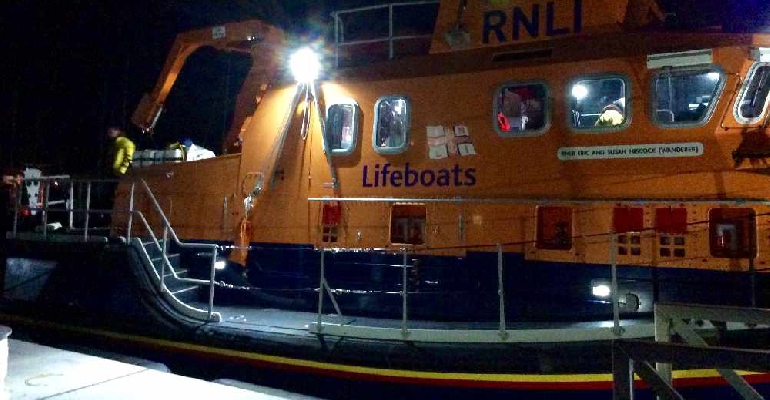 Engine Problems Lead To Yarmouth RNLI Callout To Osborne Bay
Engine Problems Lead To Yarmouth RNLI Callout To Osborne Bay
 Ryde Academy Students Donate To Two Worthy Causes At Christmas
Ryde Academy Students Donate To Two Worthy Causes At Christmas
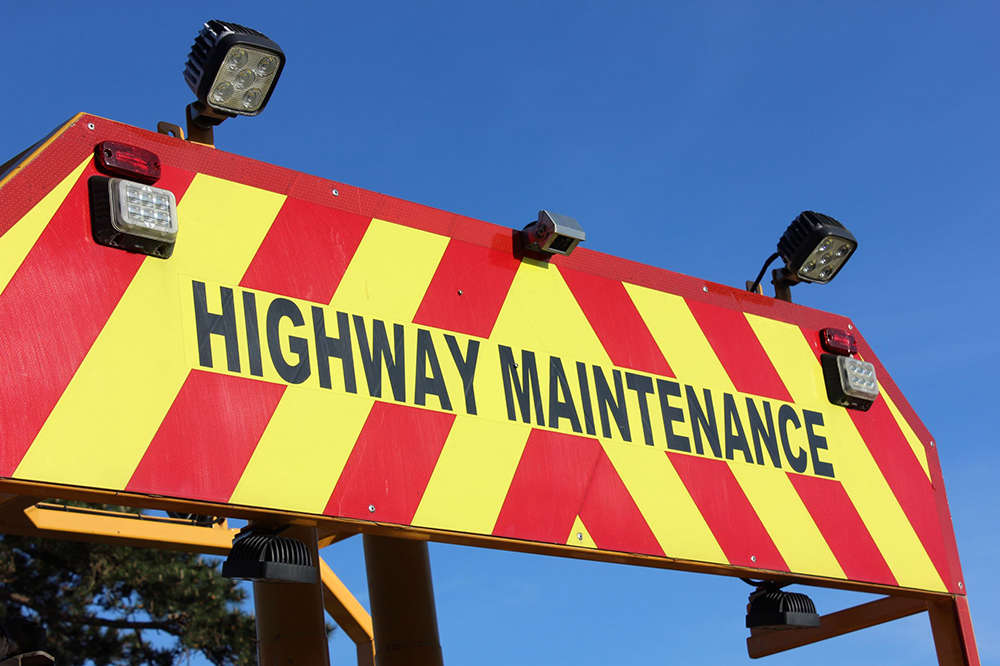 Road Improvement Works To Get Underway From The Very Start Of The New Year
Road Improvement Works To Get Underway From The Very Start Of The New Year
 Isle of Wight Youth Trust Benefits From Big Give Support
Isle of Wight Youth Trust Benefits From Big Give Support
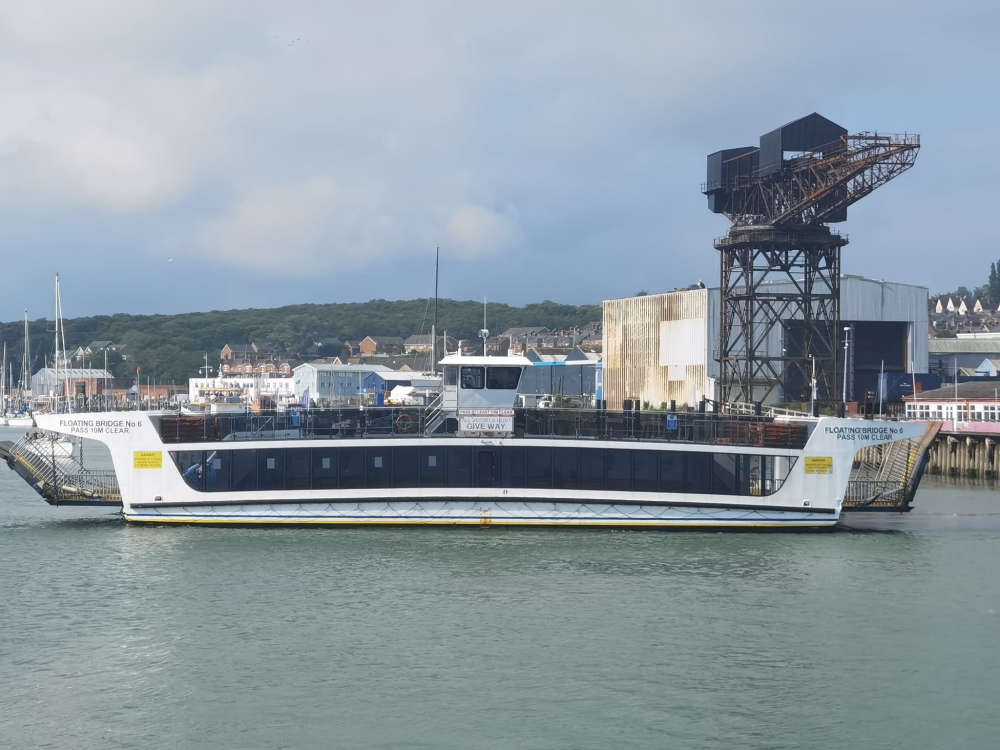 Council Chair 'Furious' Over Floating Bridge Replacement Fiasco
Council Chair 'Furious' Over Floating Bridge Replacement Fiasco
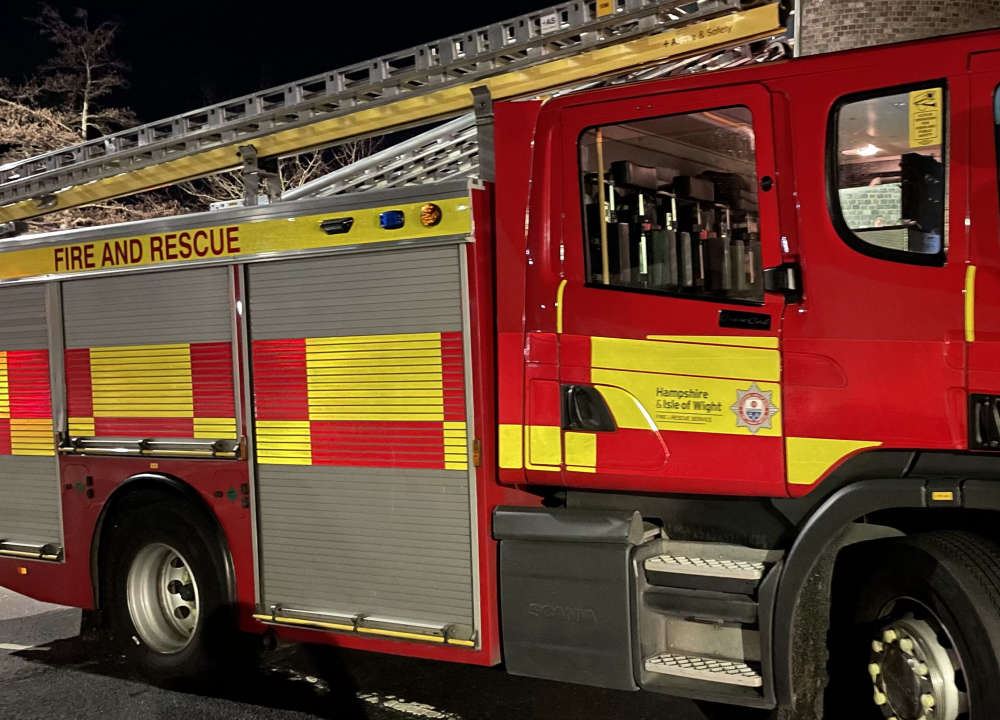 Fire Service Travel To Island Contributes To Huge Budget Overspend
Fire Service Travel To Island Contributes To Huge Budget Overspend
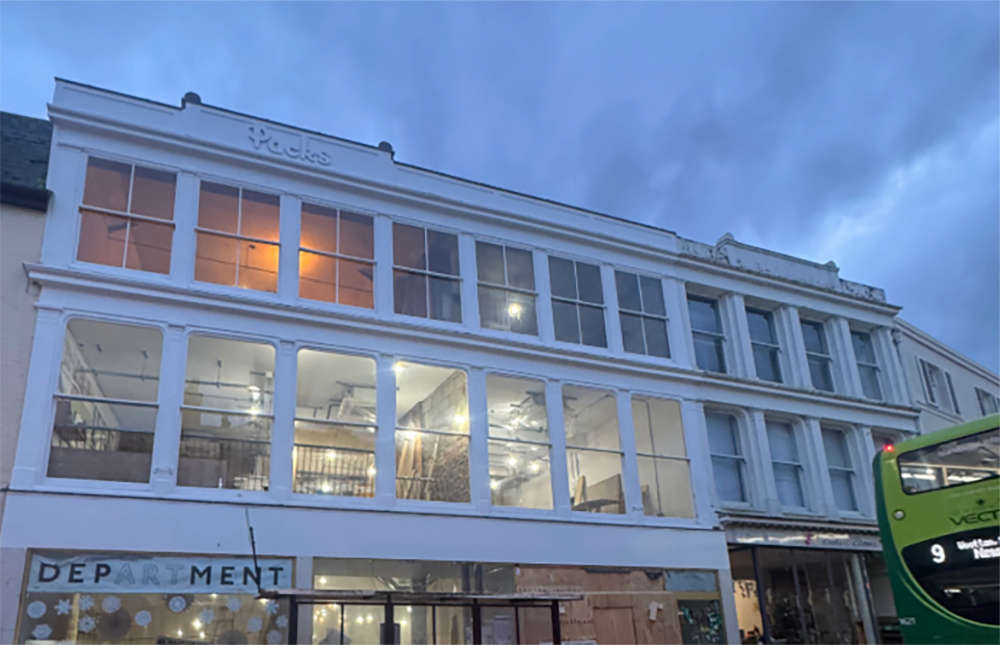 Department Approaching Completion In Ryde As Opening Date Announced
Department Approaching Completion In Ryde As Opening Date Announced
 Guidance Issued Over Sharps Disposal As Waste Teams At Risk
Guidance Issued Over Sharps Disposal As Waste Teams At Risk
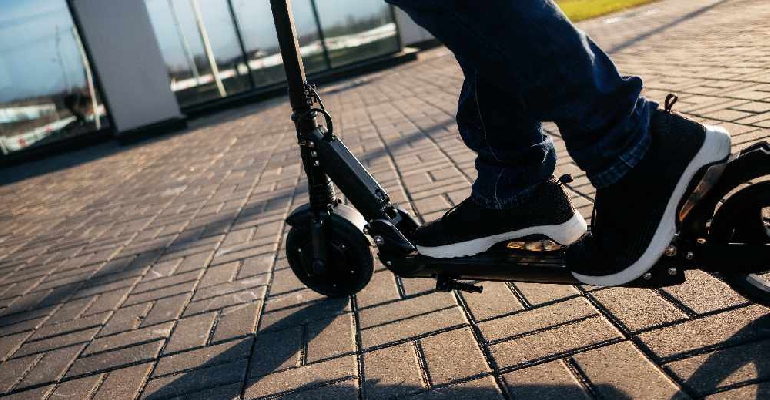 Police Warnings Over E-Scooters Ahead Of Christmas Day
Police Warnings Over E-Scooters Ahead Of Christmas Day
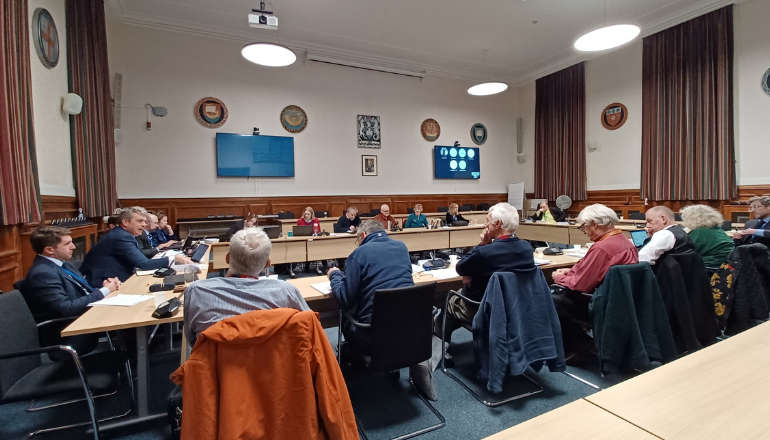 Controversial Freshwater Housing Proposal Turned Down
Controversial Freshwater Housing Proposal Turned Down
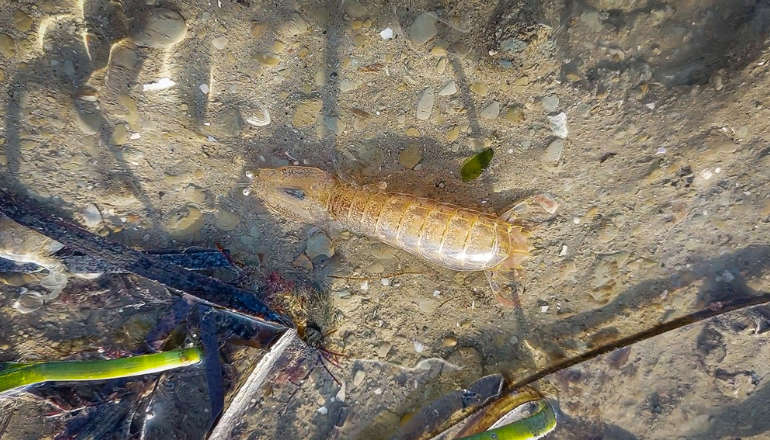 Rare Mantis Shrimp Discovery Made In Waters Off Isle Of Wight
Rare Mantis Shrimp Discovery Made In Waters Off Isle Of Wight
 Man In 50s Confirmed Dead Following Newport Crash
Man In 50s Confirmed Dead Following Newport Crash
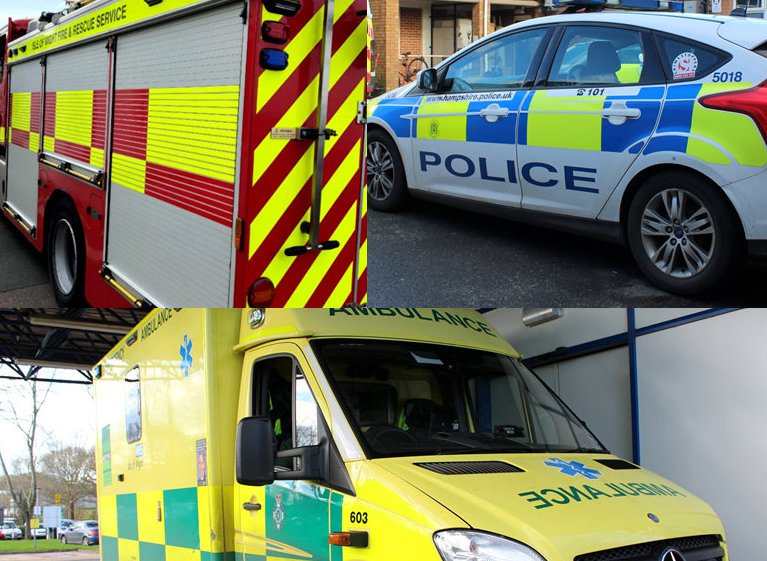 Pedestrian In Hospital With Serious Injuries Following Early Morning Motorcycle Crash
Pedestrian In Hospital With Serious Injuries Following Early Morning Motorcycle Crash
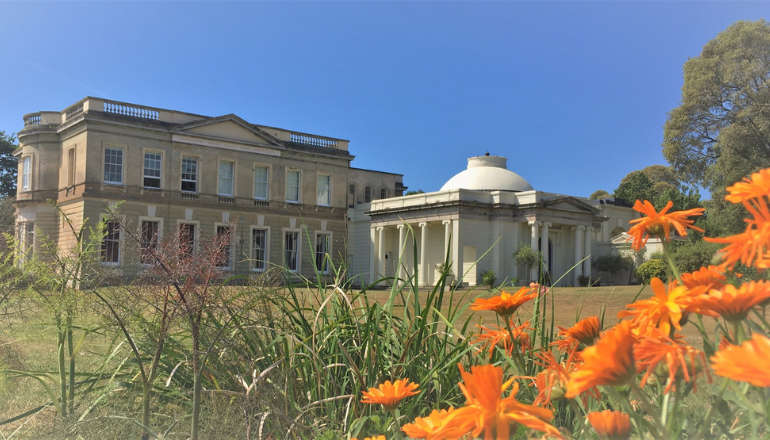 Cowes Stately Home To Have Facilities Upgraded As Part Of Approved Renovation
Cowes Stately Home To Have Facilities Upgraded As Part Of Approved Renovation
 Ofsted Deliver Glowing Report For 'Welcoming' And 'Highly Ambitious' Island Primary School
Ofsted Deliver Glowing Report For 'Welcoming' And 'Highly Ambitious' Island Primary School
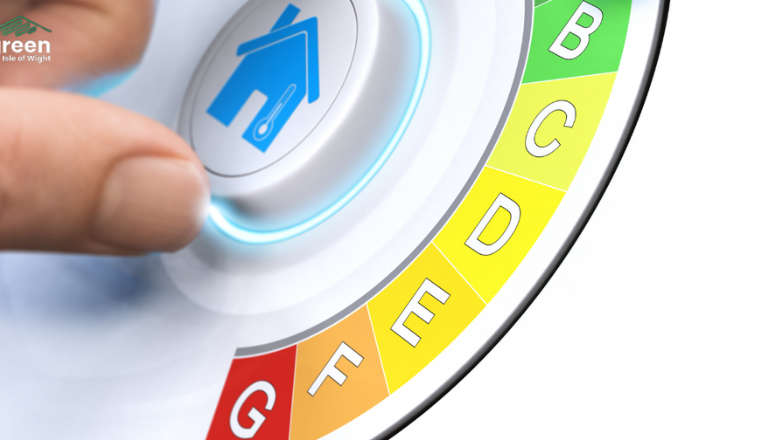 Help Available For Islanders To Cut Energy Bills
Help Available For Islanders To Cut Energy Bills
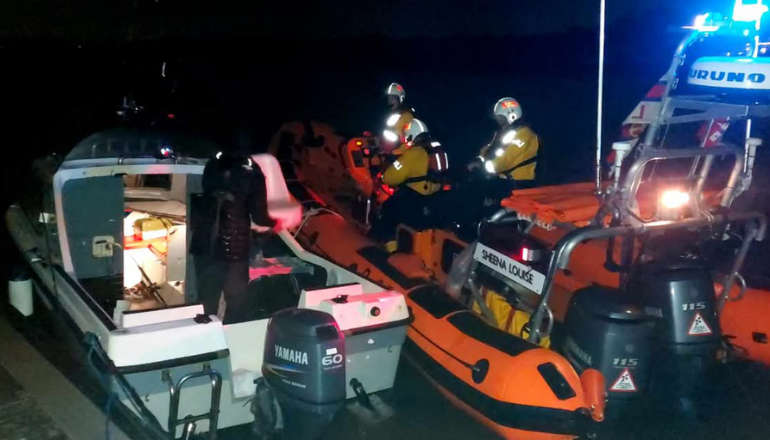 Cowes Lifeboat Performs Mid-Solent Rescue Of Fishing Boat
Cowes Lifeboat Performs Mid-Solent Rescue Of Fishing Boat
 Christmas Shopping With A Difference In Ryde – Half A Mile Out To Sea!
Christmas Shopping With A Difference In Ryde – Half A Mile Out To Sea!
 Home-From-Home' Nursery Given 'Outstanding' Ofsted Grade
Home-From-Home' Nursery Given 'Outstanding' Ofsted Grade


